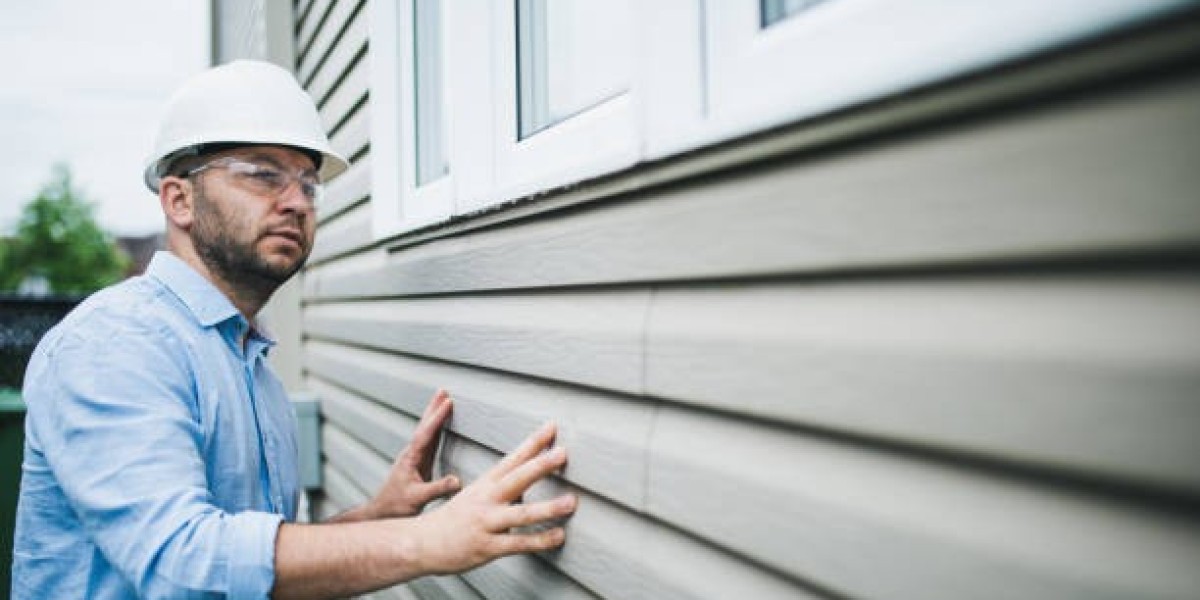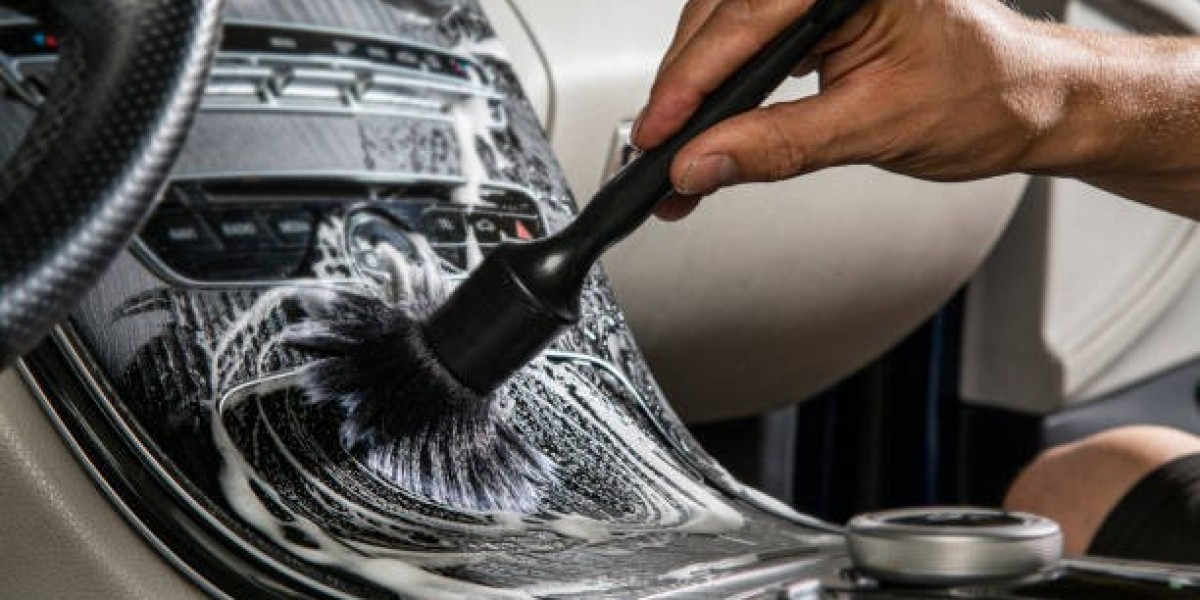When it comes to siding options, homeowners are faced with a plethora of choices, each promising durability and aesthetic appeal. Among these, Hardie Plank siding stands out as a premier option that combines beauty, strength, and longevity. In this article, we'll explore what Hardie Plank is, its benefits, installation process, and maintenance tips, helping you make an informed decision for your home.
What is Hardie Plank Siding?
Siding contractor is a brand of fiber cement siding manufactured by James Hardie, a company renowned for its innovative building products. This siding is made from a mix of cement, sand, and cellulose fibers, resulting in a product that mimics the appearance of wood while offering superior performance. Available in a variety of styles and colors, Hardie Plank allows homeowners to achieve the desired aesthetic without compromising on durability.
Key Benefits of Hardie Plank Siding
Durability and Longevity Hardie Plank siding is designed to withstand the elements. It is resistant to rotting, warping, and pests such as termites, making it an excellent choice for various climates. In fact, Hardie Plank can last up to 50 years or more with proper maintenance, providing a long-term investment for homeowners.
Fire Resistance One of the standout features of fiber cement siding is its fire-resistant properties. Hardie Plank does not ignite when exposed to flame, which can provide an additional layer of safety for your home. This can be particularly beneficial in areas prone to wildfires.
Low Maintenance Unlike wood siding, which requires frequent painting and staining, Hardie Plank is designed to maintain its appearance with minimal upkeep. A periodic cleaning with a hose or pressure washer is usually sufficient to keep it looking new. Additionally, it is resistant to fading, ensuring your home’s exterior remains vibrant over the years.
Aesthetic Appeal With a wide range of colors, textures, and styles available, Hardie Plank can complement any architectural style. Whether you prefer the classic look of lap siding or the modern appeal of vertical boards, there’s a Hardie Plank option to match your vision.
Eco-Friendly Hardie Plank is made from sustainable materials, and its long lifespan reduces the need for frequent replacement. This means less waste in landfills, making it a more environmentally friendly option compared to traditional wood siding.
The Installation Process
Installing Hardie Plank siding is a task best left to professionals, as it requires specific tools and techniques to ensure a proper fit and finish. Here’s a general overview of the installation process:
Preparation The first step involves preparing the surface where the siding will be installed. This may include removing old siding, repairing any underlying issues, and ensuring that the framing is sound.
Moisture Barrier A moisture barrier is installed to protect the home from water damage. This is an essential step, as it helps to keep moisture from penetrating the walls.
Cutting and Fitting Hardie Plank comes in large sheets or boards, which need to be cut to fit the specific dimensions of your home. Special tools, such as a circular saw with a dust collection system, are recommended to minimize dust.
Installation The siding boards are attached to the wall using nails or screws, following specific guidelines to ensure proper overlap and alignment. Proper spacing is crucial to allow for expansion and contraction.
Finishing Touches Once installed, trim pieces are added around windows and doors for a finished look. Any necessary caulking or painting can also be completed at this stage.
Maintenance Tips
To ensure your Hardie Plank siding remains in excellent condition, consider the following maintenance tips:
Regular Cleaning: Use a garden hose or pressure washer to remove dirt and debris. Avoid using harsh chemicals, as these can damage the finish.
Inspect for Damage: Periodically check for any signs of damage, such as cracks or chips. Address any issues promptly to prevent further problems.
Repaint as Needed: While Hardie Plank is designed to resist fading, it may require repainting every 10 to 15 years, depending on exposure to sunlight and environmental factors.
Check for Mold and Mildew: In humid climates, mold and mildew can develop. A mixture of water and vinegar can be used to clean affected areas.
Conclusion
Hardie Plank siding is a top-tier choice for homeowners looking for a durable, low-maintenance, and aesthetically pleasing exterior solution. Its numerous benefits, combined with its long lifespan, make it a wise investment for any home. Whether you’re building a new house or renovating an existing one, consider siding hardie plank for a beautiful and resilient finish. With proper installation and care, it can enhance your home’s curb appeal and provide protection for decades to come.








